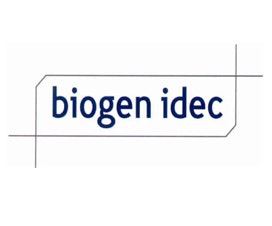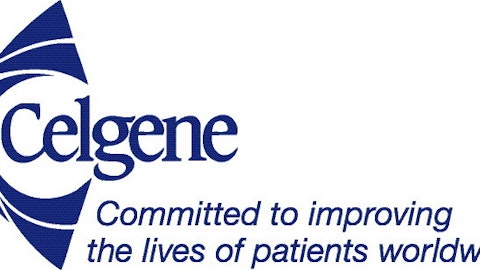Biogen Idec Inc.(NASDAQ:BIIB) has just moved to reinforce its dominance in the multiple sclerosis treatment market by striking a deal to buy the 50% rights to Tysabri that it does not own from its partner Elan. Biogen’s MS drugs account for about 30% of the roughly $12 billion global MS market, and Tysabri is regarded as the most effective treatment, not to mention the least vulnerable to generic competition. In this article, I will analyze the implications of the transaction and what it could mean for Biogen’s future.
Biogen announced that it has agreed to purchase Elan’s interest in Tysabri (natalizumab) to gain all the rights to Tysabri. On the closing of this transaction, the previous collaboration agreement in which worldwide Tysabri’s profits were split 50/50 will be terminated.
Biogen Idec will use its existing cash to make a payment of $3.25 billion to Elan and make future contingent payments amounting to 12% of global net sales of Tysabri for the first twelve months, and thereafter, on a tiered basis.
Biogen Idec anticipates the transaction will add $0.20 to $0.30 to 2013 GAAP earnings per share and $0.50 to $0.60 to non-GAAP earnings per share in 2013 and continue to be accretive in the future, depending on the sales. The agreement gives Biogen full control of the multiple sclerosis drug and ends a long partnership that has sometimes been contentious.
The Rationale Behind The Deal
Analysts have long speculated that Biogen could acquire Elan to take control of Tysabri, but the deal gives Biogen what it wants without the burden of any excess baggage. The timing intrigues some investors because the company is poised to launch a new MS drug, BG-12, in the first quarter, which will be sold under the brand name Tecfidera.
Tysabri is widely expected to become the preferred treatment for multiple sclerosis but will lose patent protection in the mid to late 2020’s. The rationale could be that oral drugs such as BG-12 (small molecule drugs) are easier to replicate by genetics manufacturers rather than complex, large molecule biologic drugs such as Tysabri that are given by infusion. Tysabri is far more effective than BG-12 and therefore unlikely to be effected by small molecule treatments. Biogen is also likely to continue to benefit after losing patent protection on BG-12.
Prospects
Tysabri is generally considered to be the most effective treatment for multiple sclerosis, but it has been connected with a potentially deadly brain infection known as progressive multifocal leukoencephalopathy, or PML. It is currently approved to treat patients who do not respond to alternative therapies or cannot tolerate them. Biogen has now developed a test that can predict with a high degree of accuracy which patients are likely to develop PML, thereby eliminating the anxiety among physicians and patients that has held back the growth of the drug.
Last month the company applied to U.S. and European regulators for the marketing rights for the drug for newly diagnosed patients who have tested negative for antibodies to the JC virus, the cause of PML. Around 40% of MS patients are JCV negative. Total sales of Tysabri in 2012 rose 8% to $1.6 billion and analysts predict sales of the drug in 2013 to be $1.86 billion and grow to $2.34 billion in 2015.





